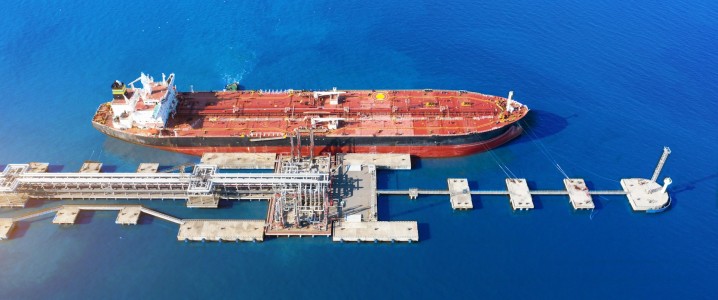Three very large crude carriers have diverted from their original destination of the port of Rizhao in China, following the U.S. Treasury’s announcement of sanctions on the facility due to its handling of Iranian crude, Bloomberg has reported, citing shipping data.
Per the data, two of the VLCCs are now en route to the port of Ningbo Zhoushan on the East China Sea, and the third is heading for the northern port of Tianjin. The vessels are carrying crude oil from Brazil, West Africa, and the UAE.
Washington announced the new sanctions at the end of last week, targeting more than 100 individuals, tankers, and an independent refiner, along with the Rizhao Shihua Crude Oil Terminal.
“The Treasury Department is degrading Iran’s cash flow by dismantling key elements of Iran’s energy export machine,” Treasury Secretary Scott Bessent said. China has been the biggest buyer of sanctioned Iranian crude.
The latest sanction round will affect import oil shipments for Chinese state major Sinopec, which owns 50% of the Rihao Shihua Crude Oil Terminal, which lies in the heart of China’s refining industry, home to most of the country’s independent refiners the province of Shandong. The terminal receives a fifth of Sinopec’s imported crude, Reuters reported last week.
Meanwhile, China reported a 3.9% increase in its total oil imports for September. The daily average came in at some 11.5 million barrels daily, which was also a 4.55% decline on August import rates. Whether the sanctions on the Rihao Shihua Crude Oil Terminal will have any noticeable effect on Chinese oil imports is an open question, with Bloomberg pointing out that, besides diverting the cargos, oil importers could transfer the oil from the very large crude carriers to smaller vessels that would then deliver the crude to refineries operated by Sinopec in other parts of the country.
By Irina Slav for Oilprice.com
More Top Reads From Oilprice.com:

